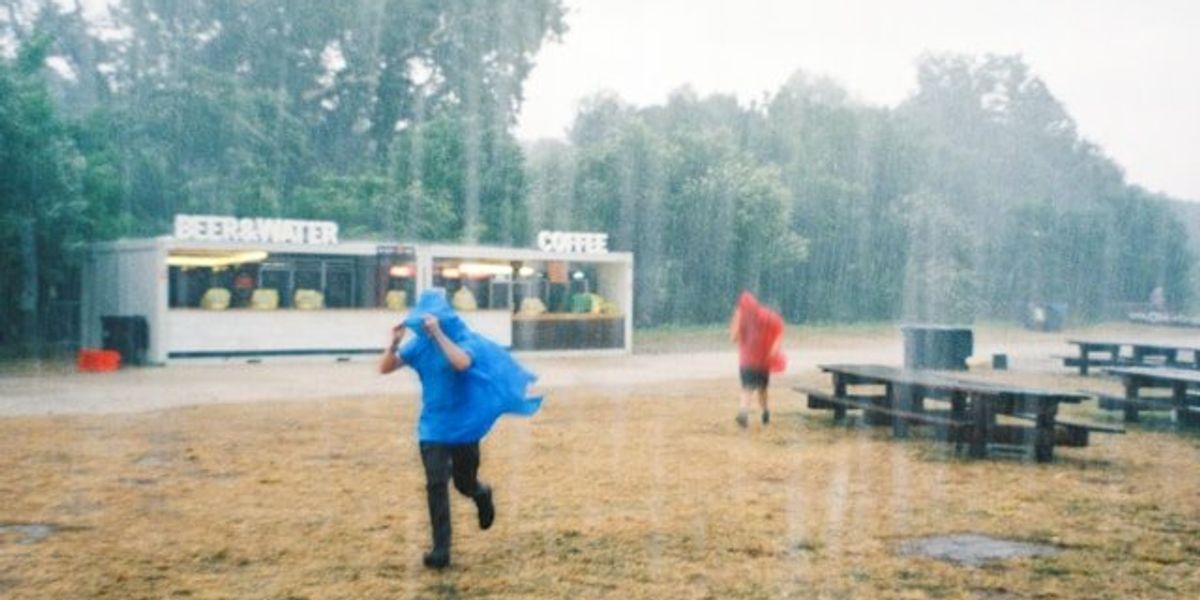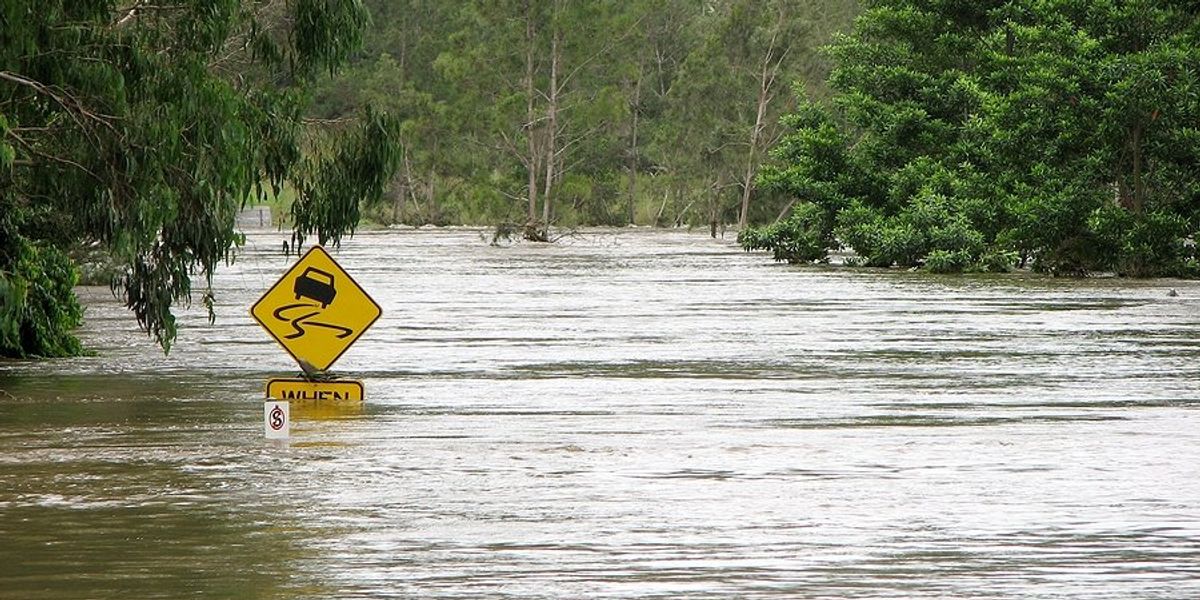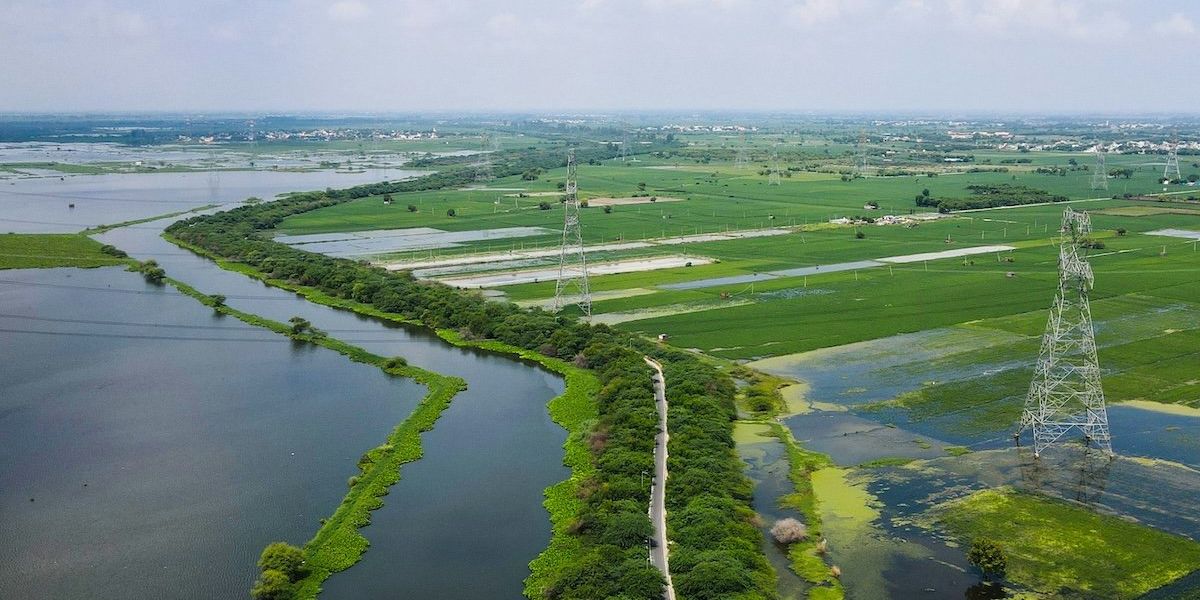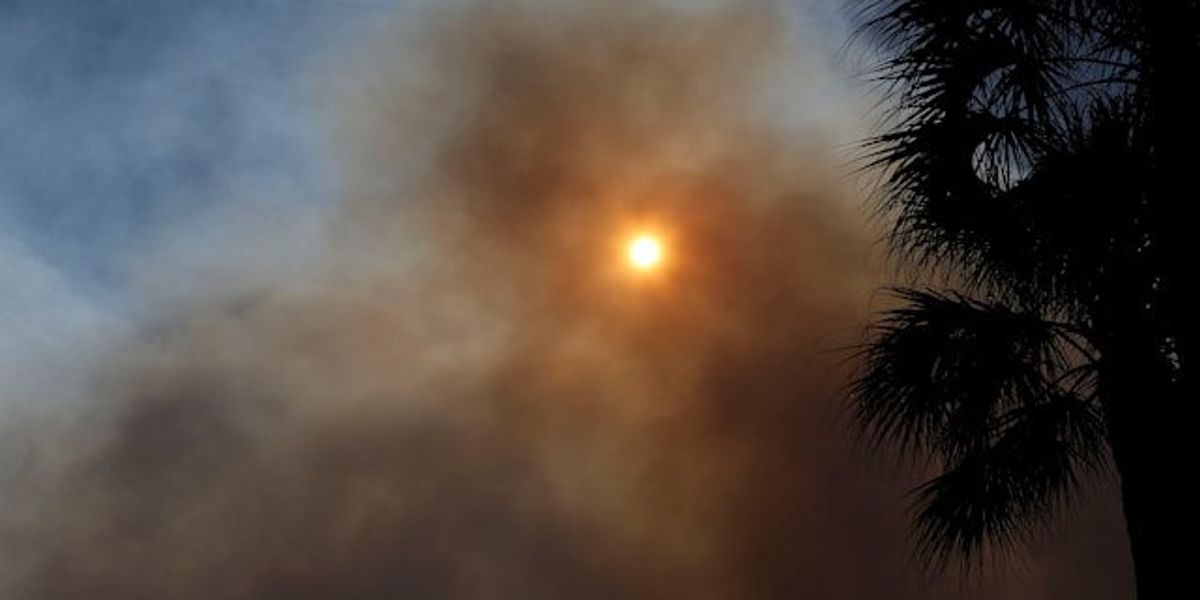
Credit: Tierra Mallorca/Unsplash
04 February
Homeownership risks grow as climate disasters drive up insurance costs
The rising cost of home insurance, driven by worsening climate disasters, threatens the financial security of millions of Americans and could lead to widespread migration away from high-risk areas.
Abrahm Lustgarten reports for ProPublica.
In short:
- A new study by First Street Foundation predicts nearly $1.5 trillion in U.S. housing losses over the next 30 years due to rising insurance costs linked to climate disasters.
- Home insurance premiums have increased 31% since 2019 and could rise another 29%, making homeownership less financially viable in vulnerable regions.
- The study suggests more than 55 million Americans may relocate due to climate risks in the coming decades, shifting real estate values across the country.
Key quote:
First Street’s Foundation's work “plays the role of Paul Revere, of the challenge we could face if we fail to adapt.”
— Matthew Kahn, economist at the University of Southern California
Why this matters:
Owning a home has long been a primary way for Americans to build wealth, but increasing insurance costs threaten that stability. Climate-driven migration could reshape entire communities, deepen economic inequality and make housing less affordable for future generations.
Related:













